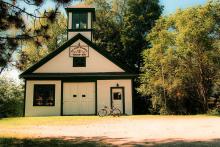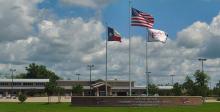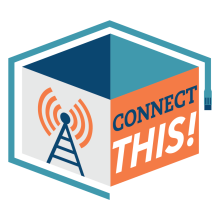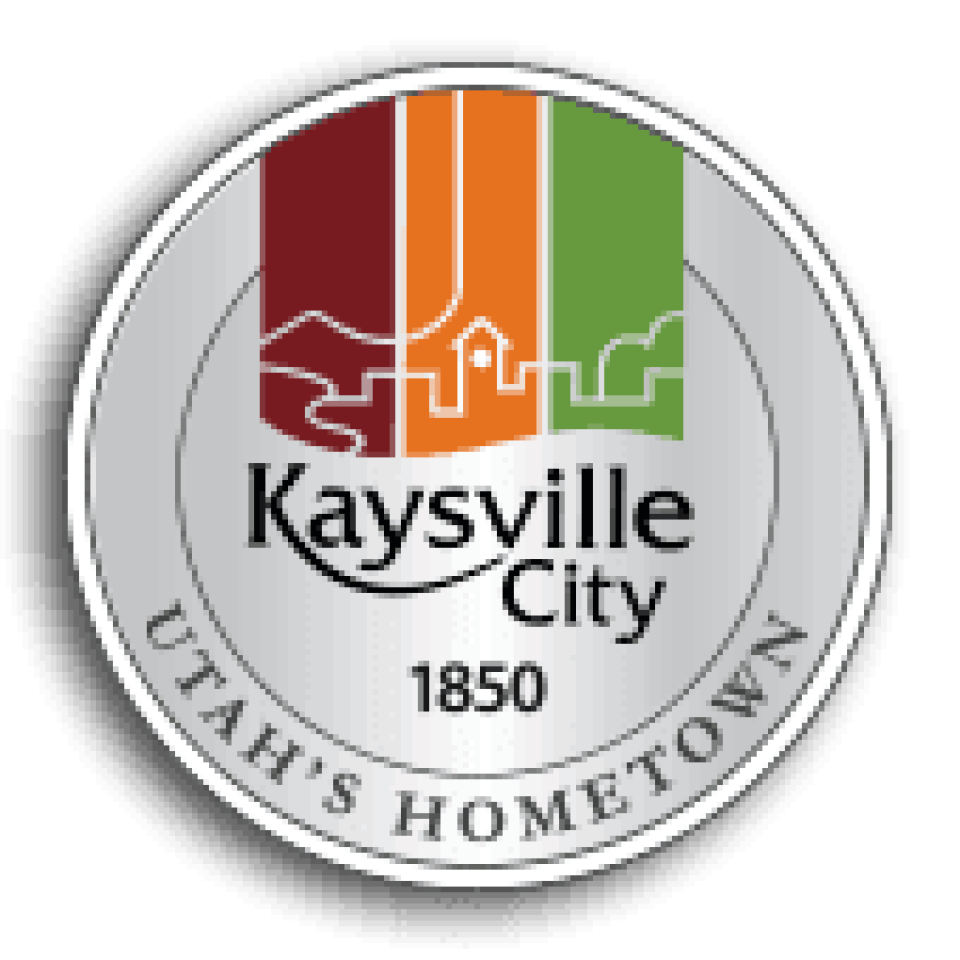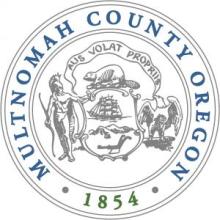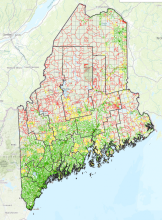Community Broadband Legislation Roundup – April 27, 2021
Snapshot
Washington Governor pledges to sign Public Broadband Act
Maine hearing will reveal State Legislature’s willingness to introduce competition to incumbent ISPs
California bill amended to remove bond initiative backing public infrastructure projects of local communities
The State Scene
Washington
Two pieces of legislation aimed at expanding public broadband authority, H.B. 1336 and S.B. 5383, have been delivered to Washington Gov. Jay Islee to consider signing into law. Rep. Drew Hansen, the primary sponsor of H.B. 1336 recently told GeekWire that he “expects the governor to sign both.”
H.B. 1336 would give Washington’s cities, towns, counties, district ports and Public Utility Districts (PUDs) unrestricted authority to provide Internet services directly to end-users, while S.B. 5383, as a result of a series of amendments, deals largely with what information PUDs and ports have to provide to the state broadband office before offering service in unserved regions.
There will be a meeting between the governor and the sponsors of the two bills on Thursday, which will likely determine their fate. Although arguments about how the two bills will interplay are continuing throughout the halls of the State Legislature in Olympia, the prevailing legal interpretation is that the finalized versions of the bills do not conflict. If both bills are signed, and discrepancies are later discovered to be an issue, it will prompt the State Legislature to convene in the future to standardize differences between the legislation.


